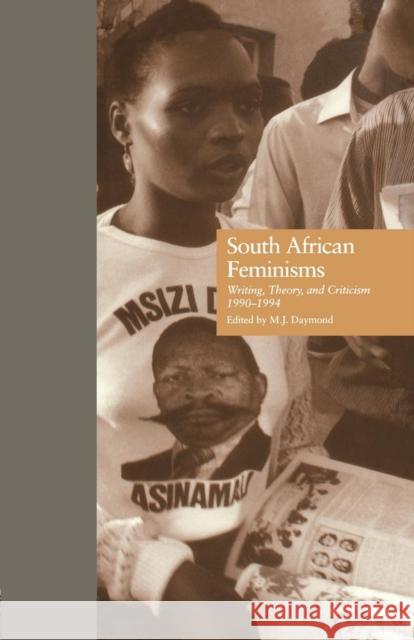South African Feminisms: Writing, Theory, and Criticism, L990-L994 » książka
topmenu
South African Feminisms: Writing, Theory, and Criticism, L990-L994
ISBN-13: 9781138864214 / Angielski / Miękka / 2015 / 395 str.
South African Feminisms: Writing, Theory, and Criticism, L990-L994
ISBN-13: 9781138864214 / Angielski / Miękka / 2015 / 395 str.
cena 242,70 zł
(netto: 231,14 VAT: 5%)
Najniższa cena z 30 dni: 236,70 zł
(netto: 231,14 VAT: 5%)
Najniższa cena z 30 dni: 236,70 zł
Termin realizacji zamówienia:
ok. 16-18 dni roboczych.
ok. 16-18 dni roboczych.
Darmowa dostawa!
First published in 1996. Routledge is an imprint of Taylor & Francis, an informa company.











